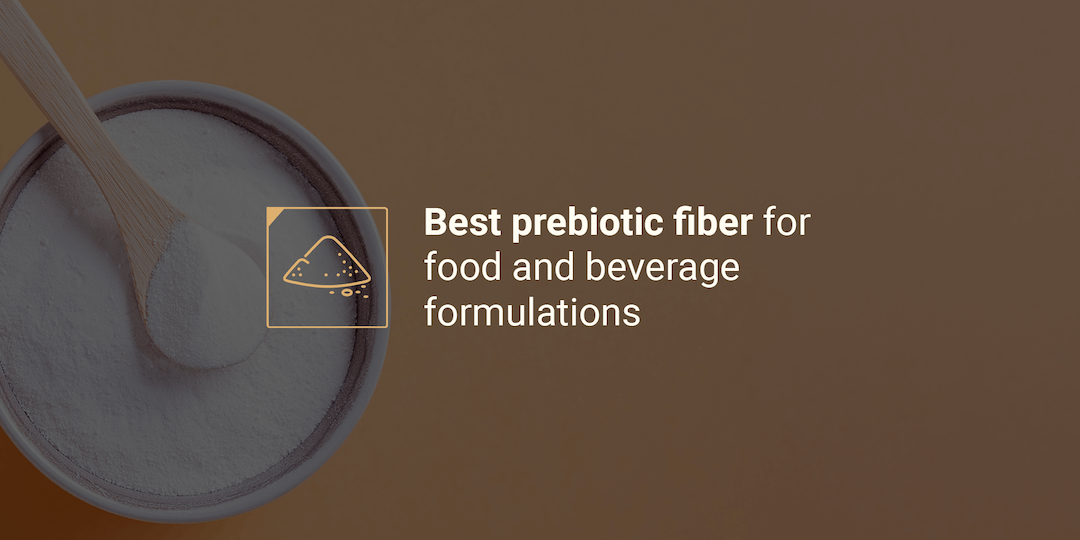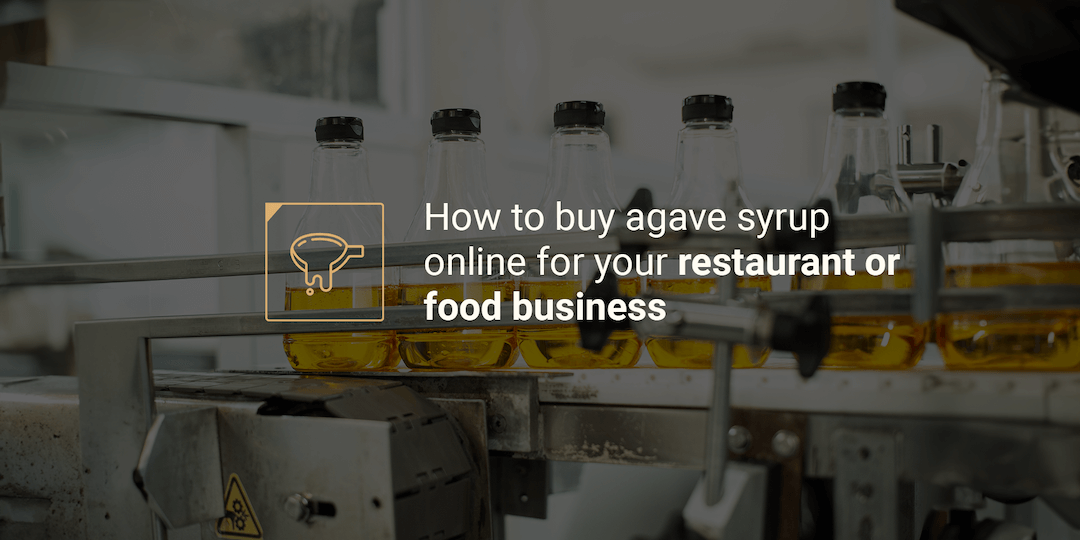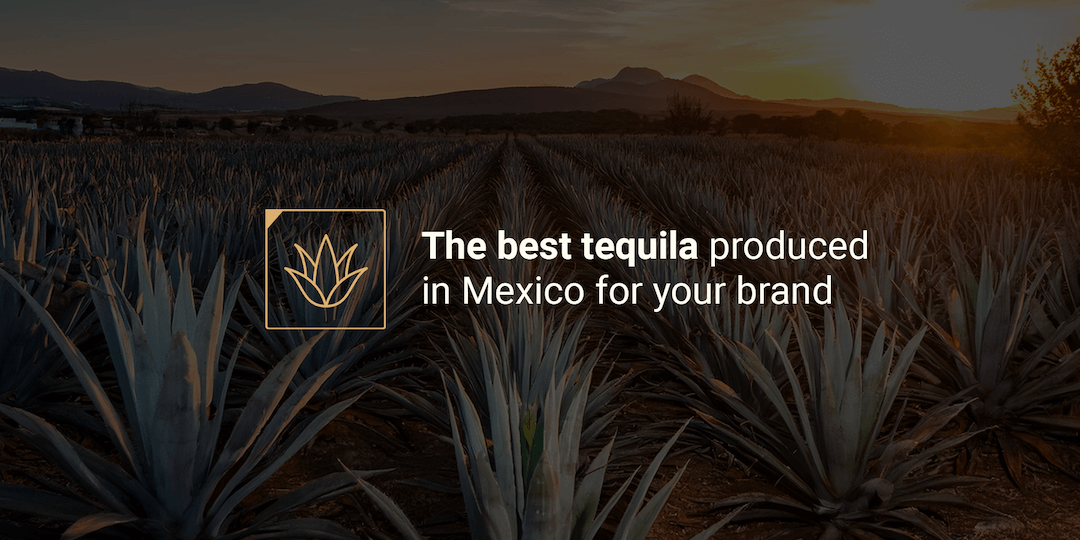The best bulk sweeteners for industrial food manufacturing
In the ever-evolving world of food manufacturing, understanding bulk sweeteners is essential for creating products that meet consumer demand for healthier options.
But what is a bulk sweetener? These ingredients play a crucial role in providing sweetness while often reducing calories and sugar content. From agave syrup to other alternatives, bulk sweeteners are versatile and can enhance the flavor profile of various food items.
In this article, we will explore the best bulk sweeteners available for industrial use, their benefits, and how they can transform your product offerings. Read on to discover the top choices for your manufacturing needs!
What is the best bulk sweetener for industrial food manufacturing?
Agave syrup: the best bulk sweetener for diverse applications
By understanding these various types of bulk sweeteners, food manufacturers can better cater to consumer needs, ensuring their products are both appealing and health-conscious.
Agave syrup is a natural sweetener derived from the agave plant, specifically the Blue Agave Salmeana.
This syrup not only enhances the flavor of various foods and beverages but also serves as an excellent substitute for traditional sugar.
With a sweetness level that is 25% greater than table sugar, agave syrup provides a delightful taste without overwhelming the natural flavors of your culinary creations.
Importantly, it leaves no aftertaste, making it a preferred choice for many consumers and manufacturers alike.
The extraction process of agave syrup involves thermal hydrolysis, which preserves the syrup's rich nutrient profile.
It is particularly high in fructose and contains inulin, a prebiotic fiber known for its health benefits, including improved digestion and gut health.
1. Key features of agave syrup
- Natural and organic: Sourced from the agave plant, ensuring a pure product.
- Higher sweetness: Provides 25% more sweetness compared to regular sugar.
- Flavor enhancer: Complements the taste of food and beverages without masking it.
- High solubility: Easily dissolves in various liquids, making it versatile for multiple applications.
- Vegan and allergen-free: Safe for a wide range of dietary preferences.
- Low glycemic index: Ideal for those managing blood sugar levels.
- Gluten-free and NON-GMO: Suitable for consumers with dietary restrictions.
- Source of fiber: Contributes to daily fiber intake, promoting digestive health.
2. Benefits of agave syrup
Agave syrup is a versatile ingredient that can be used across various sectors in the food industry, including:
- Beverages & cocktails: Enhances sweetness in drinks, providing a smooth flavor profile.
- Bakery: Ideal for sweetening baked goods without altering their texture.
- Cereals & grains: Adds a natural sweetness to breakfast items, making them more appealing.
- Dairy products: Perfect for yogurts and desserts, complementing creamy textures.
3. Common uses
Agave syrup's unique properties make it suitable for a wide array of culinary applications. Here are some specific uses:
- Cocktails: Used to sweeten and enhance the flavor of both alcoholic and non-alcoholic drinks.
- Baked goods: Ideal for cakes, cookies, and muffins, providing sweetness and moisture.
- Breakfast items: Can be drizzled over cereals, oatmeal, or pancakes for added flavor.
- Dairy alternatives: A popular choice for sweetening plant-based yogurts and ice creams.
4. Physicochemical properties
Agave syrup comes in various forms, each with distinct properties suitable for different applications:
|
Tipo |
ICUMSAS mínimo |
pH |
Apariencia |
|
Extra Light |
>100 |
4.0 - 6.0 |
Viscous liquid |
|
Light |
150-450 |
4.0 - 6.0 |
Viscous liquid |
|
Amber |
500-800 |
4.0 - 6.0 |
Viscous liquid |
|
Raw |
>1000 |
4.0 - 6.0 |
Viscous liquid |
|
Dark |
>2000 |
4.0 - 6.0 |
Viscous liquid |
5. Nutritional composition
Agave syrup is primarily composed of carbohydrates, with the following breakdown:
- Total carbohydrates: Minimum 98%
- Fructose: Minimum 70%
- Glucose: Maximum 25%
- Inulin: Maximum 5%
This composition not only makes agave syrup an excellent sweetener but also a source of dietary fiber.
Other types of sweeteners
In the food manufacturing industry, choosing the right bulk sweeteners is crucial for meeting consumer preferences and regulatory standards.
Below, we explore various types of bulk sweeteners, highlighting their unique properties and applications.
1. Honey
Honey is a natural sweetener that has been used for centuries. In food manufacturing, it adds not only sweetness but also a unique flavor profile.
Comparative analysis with other sweeteners
- Flavor complexity: Honey provides a richer taste compared to many artificial sweeteners.
- Moisture retention: Helps to maintain moisture in baked goods, improving texture.
- Nutritional benefits: Packed with antioxidants, it offers additional health benefits.
2. Sucralose
Sucralose is produced from sugar through a multi-step process that replaces hydroxyl groups with chlorine atoms. This makes it calorie-free while retaining the sweetness of sugar.
Advantages and disadvantages
- Advantages:
- Stable under heat, making it suitable for cooking and baking.
- Much sweeter than sugar, so only a small amount is needed.
- Disadvantages:
- Some consumers may prefer natural options over artificial sweeteners.
3. Aspartame
Aspartame is commonly used in soft drinks, sugar-free products, and desserts. It is about 200 times sweeter than sugar, allowing for low-calorie formulations.
Safety and regulatory considerations
- Regulatory approval: Approved by various health organizations, including the FDA.
- Safety concerns: Some individuals may have sensitivities, making it essential to label products accurately.
4. Sorbitol and xylitol
Sorbitol and xylitol are popular sugar alcohols used in sugar-free and low-calorie products.
They provide sweetness with fewer calories and are often found in chewing gums, candies, and baked goods.
Benefits for health-conscious consumers
- Lower glycemic impact: Ideal for diabetic-friendly products.
- Dental health: Xylitol, in particular, is known for its dental benefits, helping to reduce cavity-causing bacteria.
Dialce by The iidea Company: premium agave products
Dialce by The iidea Company is a leading provider of agave-based products, specializing in creating high-quality, sustainable sweeteners and beverages derived from the agave plant.
With over 20 years of experience in the industry, Dialce has established itself as a trusted partner in the global private label market, offering innovative solutions tailored to meet the diverse needs of its clients.
Commitment to quality and sustainability
At Dialce, quality is a fundamental part of their ethos. They prioritize the use of organic and non-GMO ingredients, ensuring that their products not only meet but exceed the highest standards of safety and quality.
Their production processes are designed to be environmentally friendly, reflecting a commitment to sustainable practices that benefit both consumers and the planet.
Global reach and certifications
Dialce by The iidea Company operates in over 40 territories worldwide, backed by several certifications that validate their commitment to quality, safety, and social responsibility.
Their products are certified for food safety, organic farming, and adherence to social responsibility standards. This global presence not only enhances their credibility but also allows them to cater to a diverse clientele.
Private label solutions
One of the standout services offered by Dialce is their private label business.
They empower businesses to create and market their own brands with customized products that align with their unique vision.
From formulation to packaging, Dialce by The iidea Company provides comprehensive support throughout the process, ensuring that each client's brand stands out in the competitive market.
Innovation and development
Innovation is at the heart of Dialce’s operations. They continuously invest in research and development to explore new product ideas and improve existing offerings. This commitment to innovation ensures that they remain at the forefront of industry trends and consumer preferences, providing clients with cutting-edge solutions.
By choosing Dialce, clients gain a partner dedicated to quality, sustainability, and innovation in the agave products market.
Their extensive experience and commitment to excellence make them a reliable choice for businesses looking to enhance their product offerings with natural, healthier alternatives.
Criteria for selecting bulk sweeteners
Choosing the right bulk sweeteners is critical for food manufacturers aiming to create products that are both appealing to consumers and cost-effective.
Several factors must be considered in this selection process, including taste and flavor profile, cost-effectiveness, and regulatory compliance.
1. Importance of flavor matching in product development
The flavor profile of a sweetener is one of the most significant factors influencing its selection.
Different sweeteners can impart distinct tastes that may or may not complement the intended flavor of the final product.
For example, while some sweeteners offer a clean sweetness, others may have aftertastes or unique flavor notes that can affect the overall sensory experience.
- Flavor matching: It is essential to conduct thorough sensory evaluations to ensure that the chosen sweetener aligns with the desired flavor characteristics of the product.
- Consumer preferences: Understanding consumer preferences is also crucial. Some consumers may prefer natural sweeteners with subtle flavors, while others might favor more intense sweetness.
2. Economic considerations for bulk sweeteners in manufacturing
Cost is a vital consideration when selecting bulk sweeteners, particularly for large-scale manufacturing.
The price of sweeteners can vary significantly based on factors such as sourcing, processing, and market demand.
- Pricing structure: Manufacturers must evaluate the pricing structure of different sweeteners.
- Impact on overall production costs: The choice of sweetener can affect overall production costs, including formulation adjustments and potential changes in processing methods.
- Long-term relationships with suppliers: Establishing long-term relationships with suppliers can also lead to better pricing and stability in sourcing, making it easier to manage costs over time.
3. Overview of regulations affecting sweetener use in food products
Regulatory compliance is a crucial factor in the selection of bulk sweeteners. Different regions have varying regulations governing the use of sweeteners in food products, which can impact product formulation and labeling.
- FDA regulations in the USA: In the United States, the Food and Drug Administration (FDA) sets stringent guidelines for the use of sweeteners, including safety assessments and labeling requirements.
- International standards: For companies operating on a global scale, understanding international regulations is essential. Different countries may have specific restrictions or approved lists of sweeteners, which can influence sourcing decisions.
- Labeling requirements: Transparency in labeling is increasingly important to consumers. Regulations often require clear labeling of sweeteners used in products, including their origin and any potential allergens.
Dialce, for instance, emphasizes its commitment to quality and safety through various certifications. These include:
- Food Safety Certifications: Ensuring that products meet the highest safety and quality standards.
- Organic Certifications: Validating that products are sourced from organic farming practices.
- Social Responsibility and Environmental Certifications: Demonstrating a commitment to ethical practices and sustainability.
By addressing these criteria, manufacturers can ensure that their products meet consumer demands while maintaining profitability and compliance with industry regulations.
Agave syrup: the best bulk sweetener for sustainable solutions
Agave syrup stands out as a versatile ingredient that enhances flavor while providing significant health benefits, making it an ideal choice for various applications.
Manufacturers must also navigate regulatory requirements and obtain relevant certifications to ensure product safety and consumer trust.
By prioritizing taste, cost-effectiveness, and compliance, businesses can create appealing products that resonate with health-conscious consumers, ultimately driving success in a competitive market.
You may also like: Top supplier for agave syrup wholesale in the food industry and Why choose organic supplements? The healthier, safer option.






